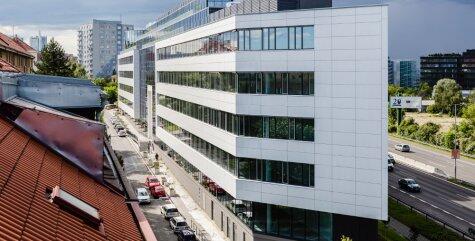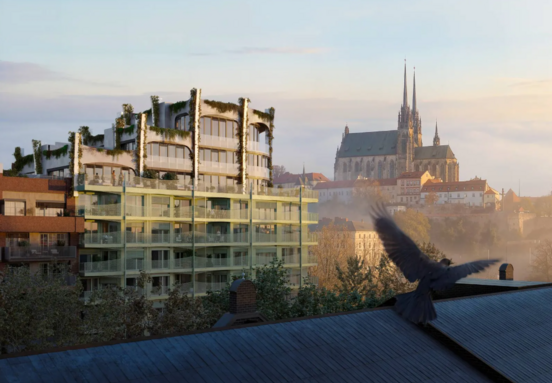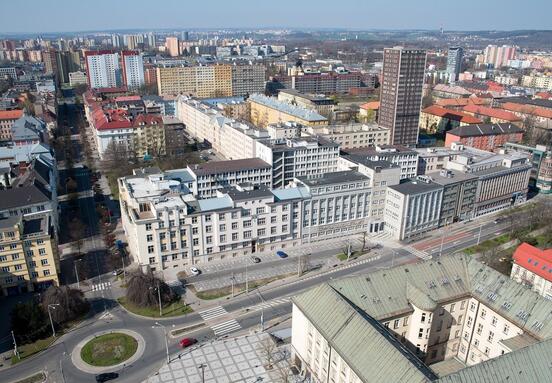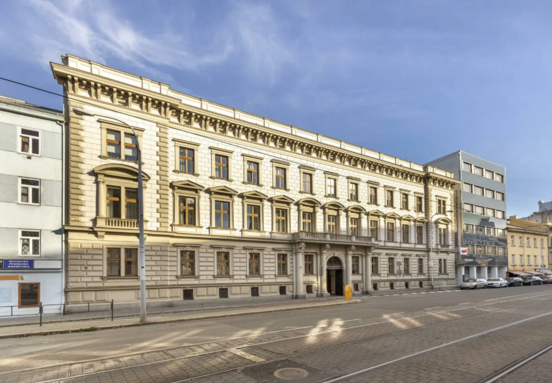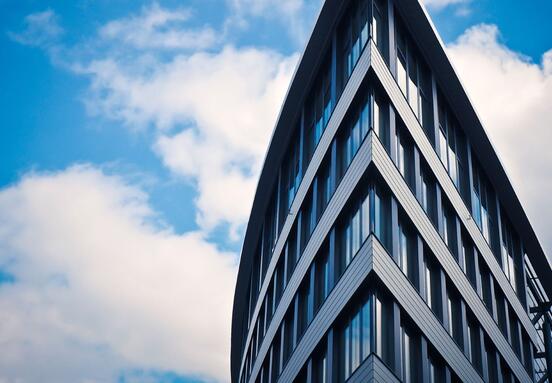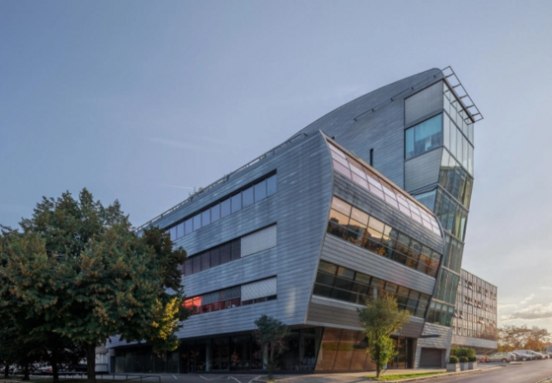According to Colliers, gross realized demand for the first three quarters was around 395,000 square metres. Gross demand also includes contract renegotiations and extensions, net demand only for newly concluded contracts.
"Although we recorded a significant share of renegotiations, the unabated demand for new offices is evident, which was not negatively affected by the discussed reduction in the number of offices and space optimization, as the Czech environment is traditionally more conservative in following global trends," said Josef Stanko, senior analyst at Colliers.
Passerinvest Group business manager Lenka Preslová said that after two years affected by the coronavirus, the offices were filled with new clients and existing tenants who were addressing the need for expansion. According to the director of Century 21 Rudy Roman Čakurda, the low vacancy rate is also due to the small number of new premises.
"Currently, it's a problem to get to empty offices because there aren't any," he said. Prague's office market will reach 3.8 million square meters this year.
Interest in flexible offices continues to rise, said Adam Zvada, owner of Scott.Weber. According to Zvada, the company, which is a Czech provider of flexible offices and recently acquired premises in the Rustonka complex in Prague's Karlín, saw a year-on-year increase in demand of more than 200 percent.
"The post-pandemic era has accelerated development, and our prediction is that flexi-offices will be the solution for more and more companies, large, medium-sized, as well as small and startups, in the future," he said.
All offices, flexible and classic, but according to company representatives, the rent will increase next year. Currently, prices in the metropolis range from 15 euros (366 crowns) per square meter in the outer parts of the city to 26.5 euros (647 crowns) per square meter in the most modern offices in the city center.
Companies contacted said prices will increase due to inflation clauses in contracts. In the era of low inflation, according to Radek Procházka from Prochazka & Partners, most tenants did not pay much attention to these clauses. "Now, after about ten years of stability, the first big price increase is coming," he said. He expects rents to rise in line with European inflation by roughly ten percent. According to Procházka, it is necessary to expect up to a 50 percent increase in service fees against 2021 and a similar increase in costs. on energy consumption.
Preslová from Passerinvest Group said that there will be a need to make the operation of buildings more efficient and implement cost-saving measures. According to her, this will be especially challenging for existing buildings with older technologies. "However, it is possible to look for savings and increase efficiency in every case, and strategic purchases of energy with a favorable price fixed in advance are also an integral part," she added.
According to Jiří Hrbáček, the portfolio manager of the Wood & Company real estate fund, a significant increase in the vacancy of office space in Prague and Central Europe cannot be expected either next year, especially due to the low supply of new projects. It is likely that the lack of new premises will be another impetus for rent growth not only in Prague, but also in Warsaw and Bratislava, he estimated.
